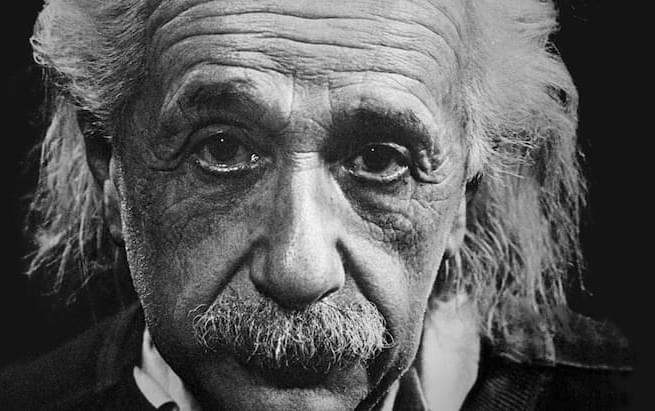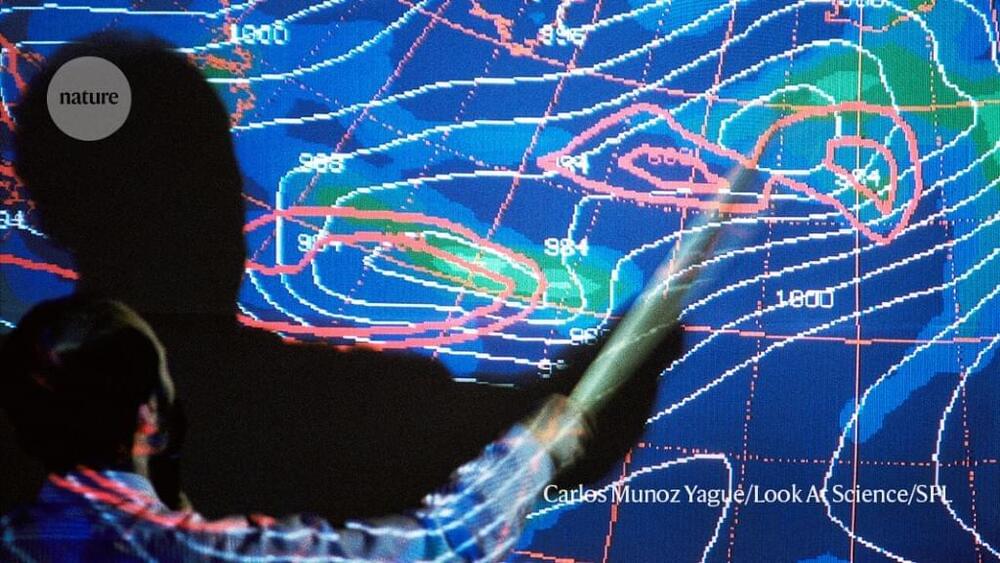New research into how humans and animals use complexity to make decisions offers some tantalizing insights into the nature of intelligence.
Category: futurism – Page 357


How did time begin, and how will it end?
Most things have a beginning and an end, including time itself. What was the spark that made it begin, and what will one day bring it to an end?

2023 Fundraiser
LEVF are proud of what we’ve achieved in our first year of operation, and we hope you’ll agree. Click through for a summary of our work so far, as well as details on our 2024 plans — and please help us to make those plans a reality, by contributing to our end-of-year fundraiser!


Not Everyone Agreed with Albert Einstein—Including Children, Schrödinger, and Heisenberg
Over the years, Einstein received a lot of letters from children. “I am a little girl of six,” one announced in large letters drawn haphazardly across the full width of the writing paper. “I saw your picture in the paper. I think you ought to have a haircut, so you can look better.” Having given her advice, the girl, with model formality, signed it, “Cordially yours, Ann.”
“I have a problem I would like solved,” wrote Anna Louise of Falls Church, Virginia. “I would like to know how color gets into a bird’s feather.” Dear Mr. Einstein was asked the age of Earth and whether life could exist without the sun (to which he replied that it very much could not). One child asked him whether all geniuses were bound to go insane. Frank, from Bristol, Pennsylvania, asked what was beyond the sky—“My mother said you could tell me.”
Kenneth, from Asheboro, North Carolina, was more philosophical: “We would like to know, if nobody is around and a tree falls, would there be a sound, and why.” Similarly, Peter, from Chelsea, Massachusetts, drove straight to the heart of human inquiry: “I would appreciate it very much if you could tell me what Time is, what the soul is, and what the heavens are.”

Is the Great Resignation over? Why bosses are leaving at record rates
The Great Resignation may be over for most workers — but for some top honchos, it’s only just begun.
The number of chief executive resignations this year hit a record high, according to a recent report by Challenger, Gray and Christmas Inc.
Over 1,400 CEOs have stepped down from their positions between January to September, marking an almost 50% rise from the 969 departures over the same period last year. The career consultancy firm noted that the figure is the highest since it started compiling data in 2002.
